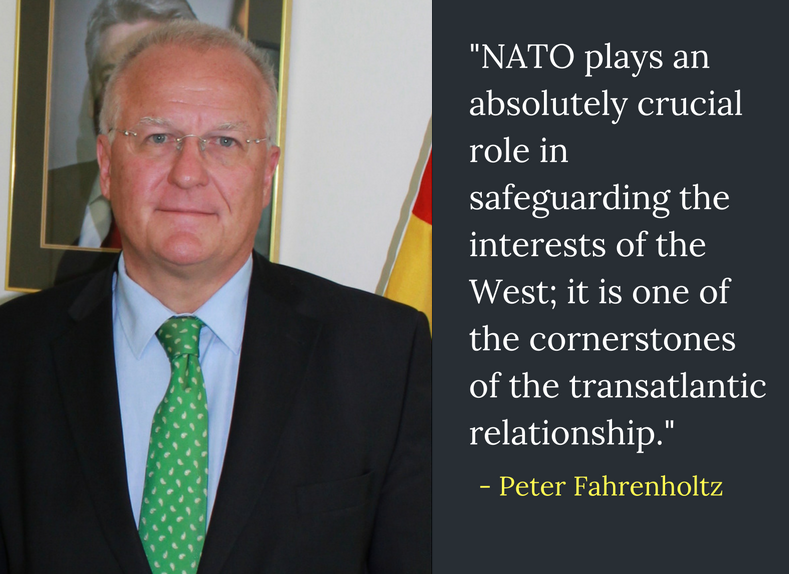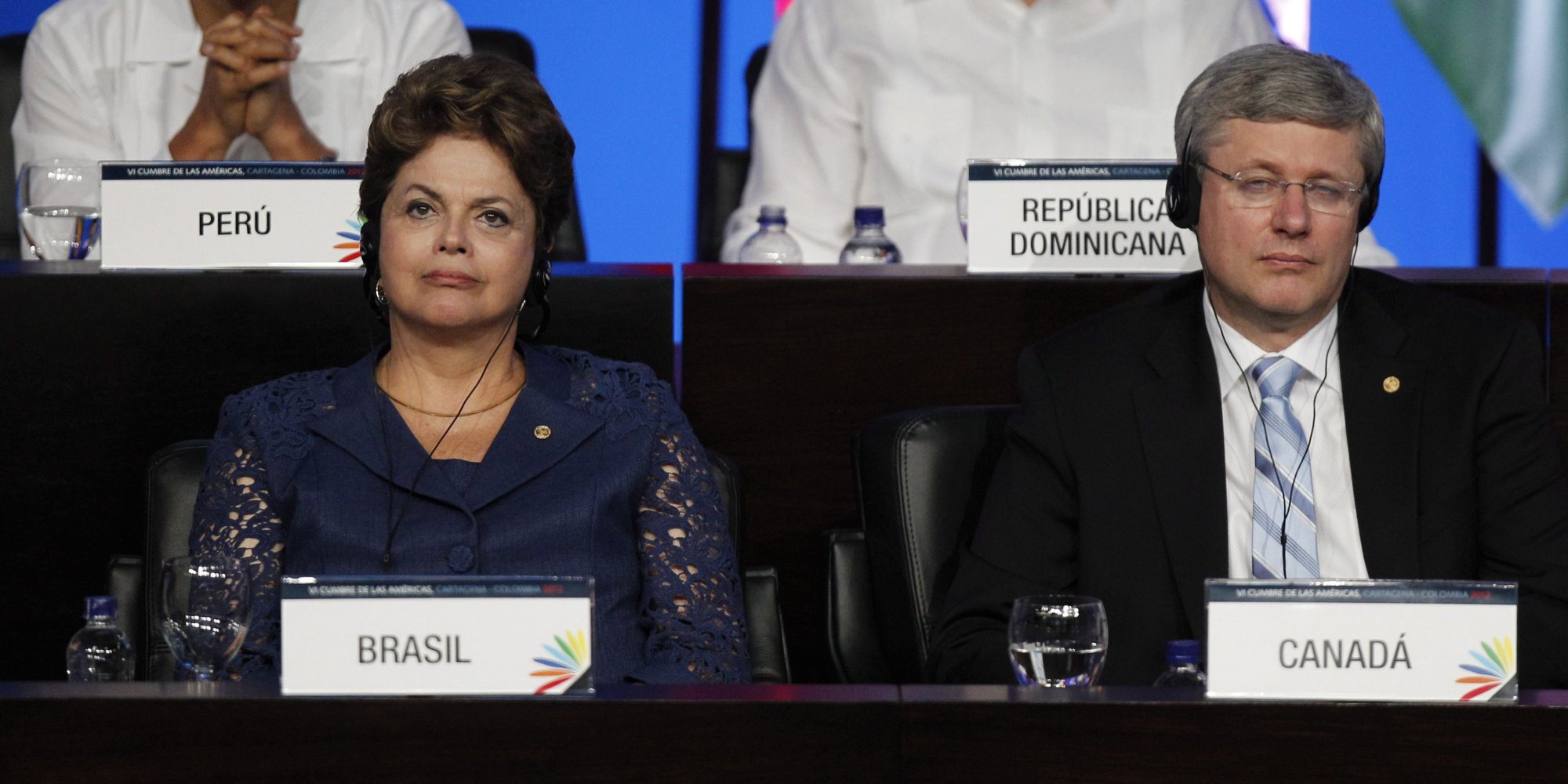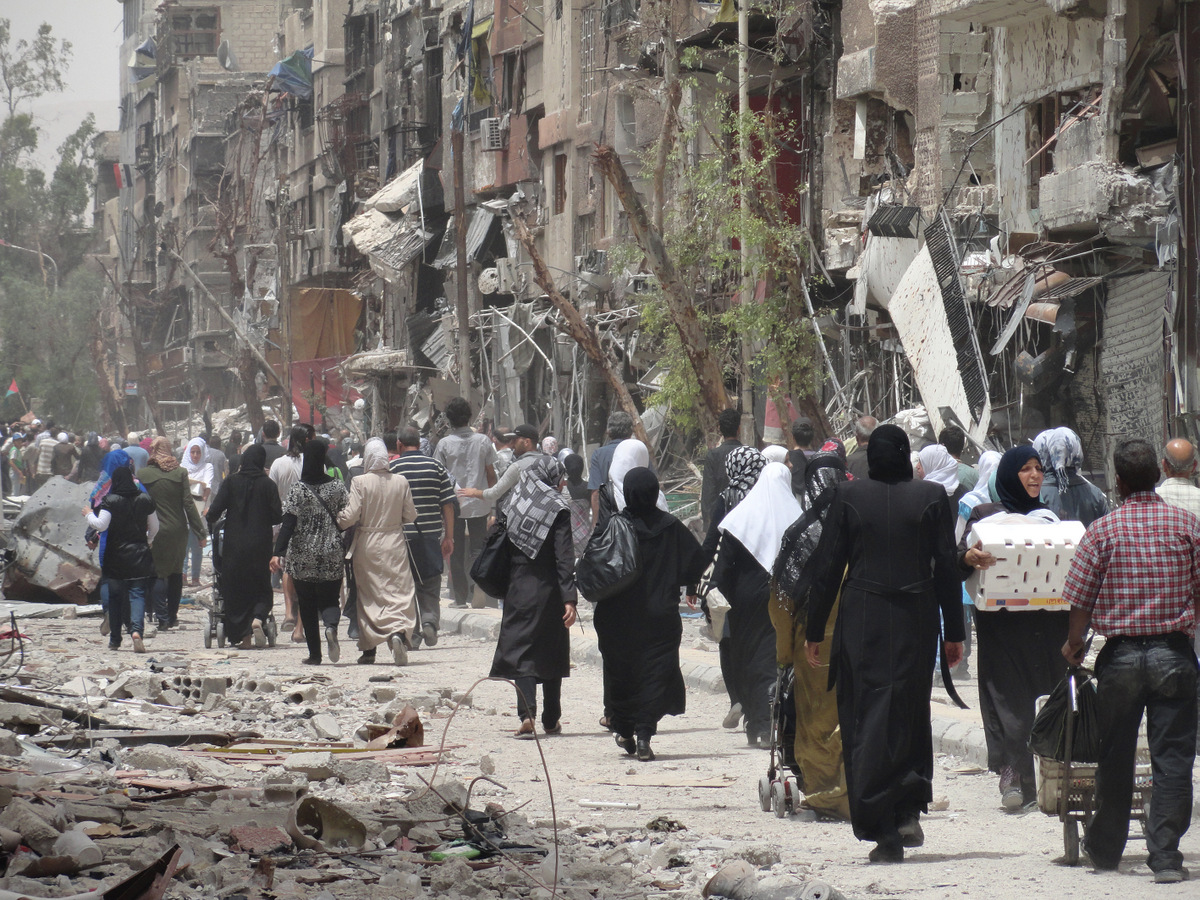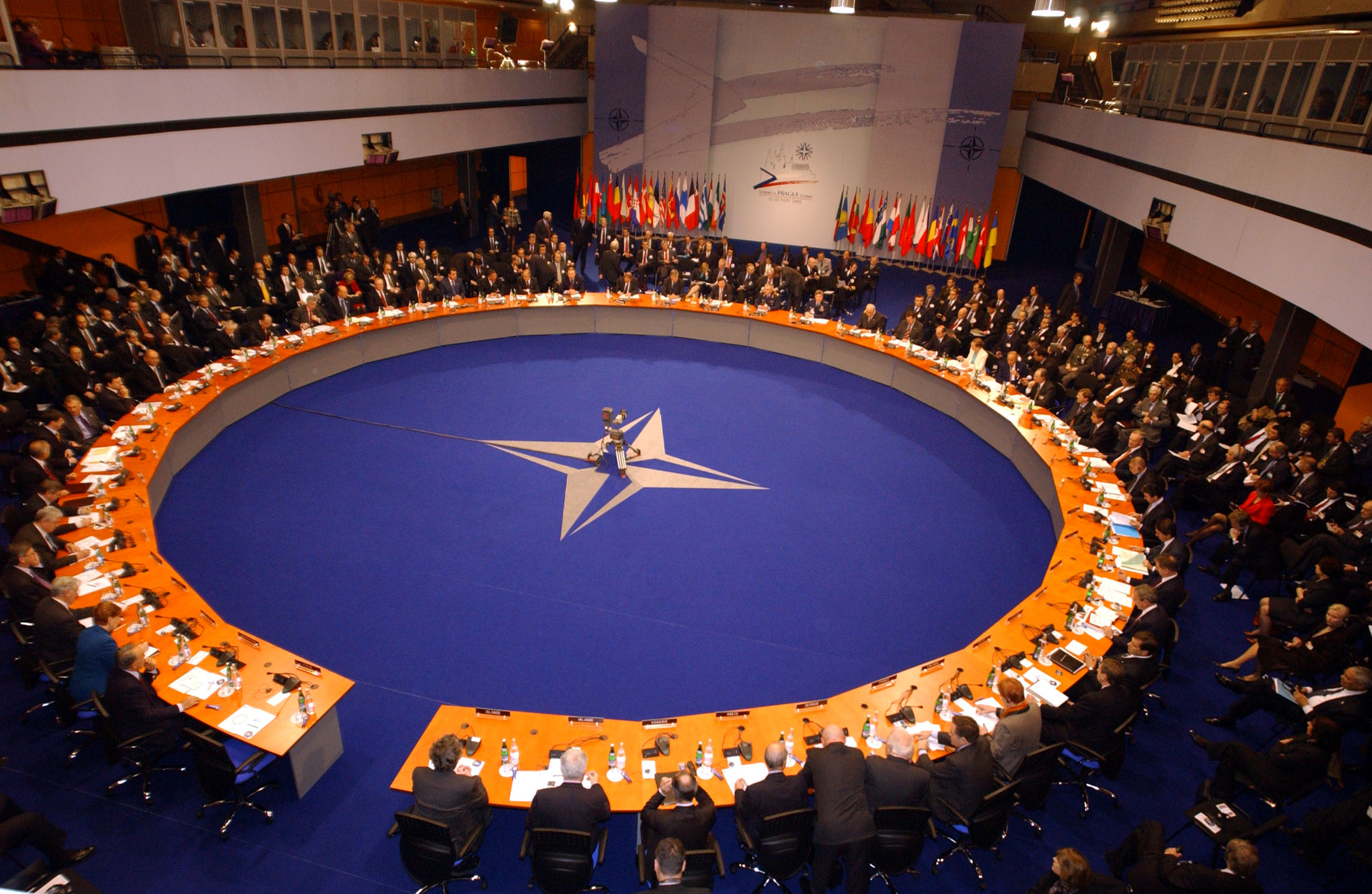Click here for Part 1 of the interview.
Do you worry about the fragility of the European Union?
I am not worried about the substance of the European Union. The EU of course is an organization of now still 28 countries plus the EU commission. It’s normal that it takes a long time to reach a consensus. Also if you look at the European project, it is unique in the history of mankind. Never before have we seen such a project like the EU anywhere in the world. So we don’t have set solutions. For every challenge, we need a solution all together on the basis of consensus. Our partners outside of Europe are a bit impatient, but this is how it is.
At its essence, the EU is about peace in Europe; everybody in Europe knows this very well. In Europe we went through 1,000 years of non-ending conflict. So some enlightened leaders in the 50’s decided that we needed a new approach to achieve peace and security once and for all. I think there is a broad consensus in Europe that nobody wants to endanger. I have no doubt the EU is here to stay.
The recent President-elect stated during his campaign that he may scale back American commitment to the European alliance on the basis of what he perceives to be an unequal partnership. Is this of concern?
I cannot comment on what another country or government will do. I think the Americans will act responsibly and we will wait and see what the administration of Mr. Trump will do. Of course, in the EU we have a clear position on Russia and the conflict in the Ukraine. Beyond that, if we look at peace and security in Europe, we must always look for ways to safeguard that. On one side, we need to have a clear position in every respect, especially security wise toward Russia. On the other side we must continue the process of dialogue with the Russian political class and civil society. The aim after all is to reach a situation where we can all live together in Europe peacefully without anybody’s interests being infringed. I think my government has been very clear on how to deal with Russia and has also tried very hard together with France to keep the channel of negotiations open.
What are the benefits that NATO brings to Germany and the rest of the Transatlantic Alliance?
I could quote the old Latin proverb, “If you want peace, prepare for war.” Nobody in North America or Europe wants war. I also think the Russians don’t want war. At the same time, we have interests to safeguard. NATO plays an absolutely crucial role in safeguarding the interests of the West; it is one of the cornerstones of the transatlantic relationship. Because we share common ideals, NATO is one instrument to promote this and to defend our values and interests.
Canada of course is a NATO country and German ally. Can you speak on the relationship between Germany and Canada?
Germans love Canada! If you are in Germany and you mention Canada, people have only nice things to say. There is an ongoing immigration of young Germans to Canada because they think they can have a better life here, more opportunity and freedom for their personal development. But if you talk a bit more with Germans, they don’t really know much about Canada. So they have certain perceptions and ideas which are positive such as that it is multicultural and tolerant, and has some of the world’s most beautiful nature. One of my objectives is to deepen the understanding between Germany and Canada. One thing could be to have more exchange between the two countries. I think your Prime Minister expressed the intention of Canada to again be a global actor and, we welcome that. I believe that Canada can be a positive role model for the world. We see so many common interests, so my wish would be to have much deeper cooperation.
One of our mandates here at the NATO Association of Canada is to encourage people to pursue careers in diplomacy. Being a senior diplomat, what are some of the most challenging aspects of your profession?
It’s hard on families. That’s the main challenge. My wife could not really pursue her career. In some countries she would not be allowed to work. For our children it is a challenge for them keep up high academic standards. Some countries have environmental problems. My first posting was actually in Romania; in December 1989 there was a revolution. There was heavy shooting with tanks and artillery in the city. I think this profession is one of the great professions that you can have but every three or four years you are moving to another country so you have to make the effort to keep connected to your home country and friends. This nomadic lifestyle in not suitable for everybody.
What would be some critical skills to develop for those interested in a career in diplomacy?
Study history and foreign languages. English is of course the global language but it will only go so far. I believe empathy is also very important. You must understand the country and society you are working in. One thing you really have to consider is if you get married; you will have to find a way forward on how both of you can deal with a life in diplomacy.
Disclaimer: Any views or opinions expressed in articles are solely those of the authors and do not necessarily represent the views of the NATO Association of Canada.




